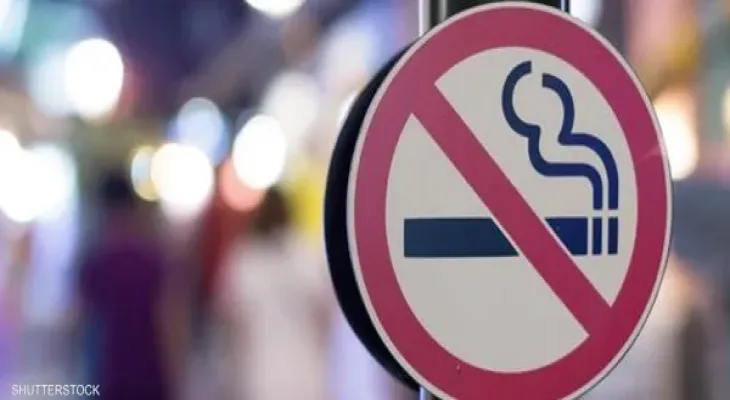Search here
Newspaper
Search here

Arab Canada News
News

Published: October 2, 2023
A doctor in the National Health Service has revealed the effects that manifest on the human body and the benefits one gains when quitting smoking.
The British newspaper "Daily Mail" quoted Dr. Max Pemberton saying: "After 20 minutes of stopping smoking, blood pressure and heart rate will begin to decline toward normal levels."
Pemberton explained what happens in the body in terms of changes due to quitting smoking as follows:
• After two hours: Peripheral circulation, which is the small blood vessels that supply the skin, arms, and legs, begins to improve, and more oxygen starts to reach the fingers of the hands and feet.
• After 12 hours: The blood begins to get rid of the highly toxic carbon monoxide, which strongly binds to red blood cells and reduces the amount of oxygen they can carry.
• After 24 hours: The risk of a heart attack begins to decrease.
• After 48 hours: Smoking kills the cells responsible for smell and taste, but after two days, they begin to grow back, meaning you will enjoy your food more.
• After 4 days: Some people may start coughing due to the lungs cleaning themselves.
• From 5-8 days: The body continues to heal itself, and on average, individuals experience three withdrawal episodes daily, each lasting a maximum of three minutes, but this is a sign of the body returning to its normal state.
• After 10 days: An average person reports withdrawal pain only twice a day, and circulation to the teeth and gums returns to normal.
After two weeks: The ability to exercise and physical fitness improves significantly.
• After 4 weeks: As the cilia in the lungs continue to grow, the risk of chest infections decreases.
• After 9 months: The smoker's lungs repair themselves, and the cilia are now working at full capacity.
• After a year: The risk of heart disease decreases by 50 percent compared to smokers.
• After 5 years: The risk of stroke now returns to the level of someone who has never smoked, and the risk of death from lung, esophageal, laryngeal, and oral cancers significantly declines.
• After 10 years: The risk of dying from lung cancer is now half that of a smoker.
• After 13 years: A regular smoker who lives to 75 years has six fewer teeth than a non-smoker, but after 13 years of quitting, the risk of tooth loss is the same as that of someone who has never smoked.
• After 15 years: The risk of heart disease returns to the level of someone who has never smoked, and the risk of developing pancreatic cancer drops to that of someone who has never smoked at all.
Comments